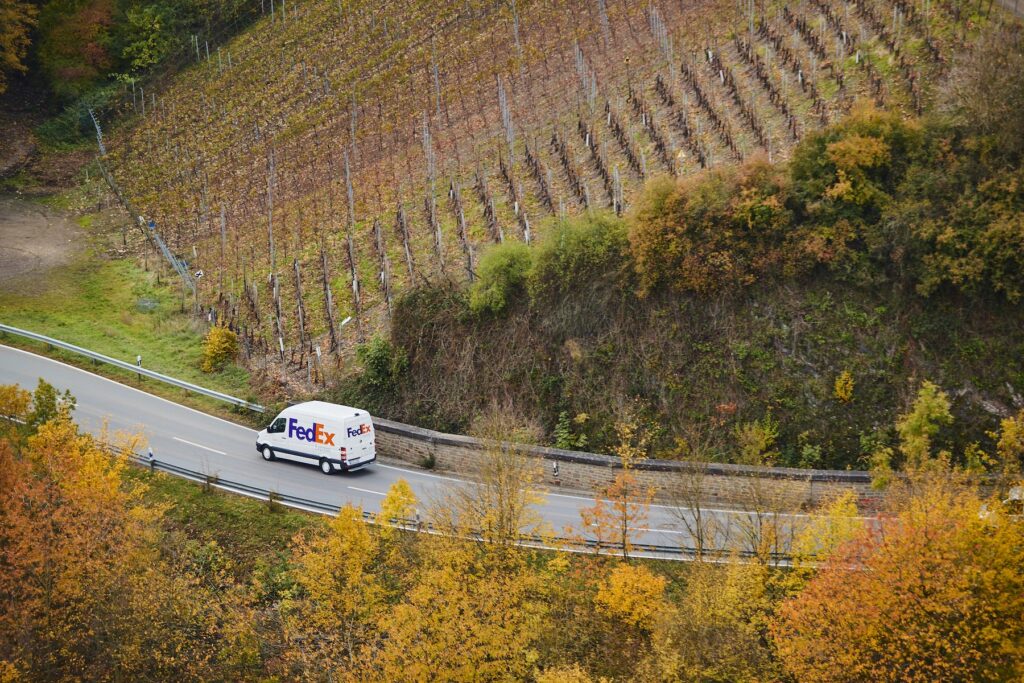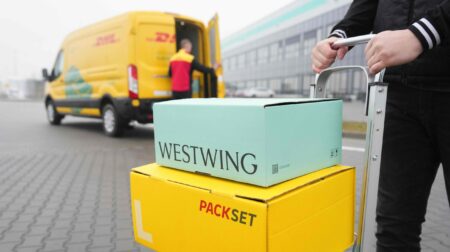FedEx has set a goal of achieving carbon-neutral operations globally by 2040 and has designated more than US$2bn of initial investment in three key areas: vehicle electrification, sustainable energy and carbon sequestration.
The investment will include US$100m to Yale University to help establish the Yale Center for Natural Carbon Capture, accelerating research into methods of carbon sequestration at scale, with an initial focus on helping to offset greenhouse gas emissions equivalent to current airline emissions.
“We have a responsibility to take bold action in addressing climate challenges,” said Frederick Smith, chairman and CEO of FedEx. “This goal builds on our longstanding commitment to sustainability throughout our operations, while at the same time investing in long-term, transformational solutions for FedEx and our entire industry.”
Under the plans, the entire FedEx parcel pickup and delivery (PUD) fleet will be zero-emission electric vehicles by 2040. This will be accomplished through phased programs to replace existing vehicles; for example, by 2025, 50% of FedEx Express global PUD vehicle purchases will be electric, rising to 100% of all purchases by 2030. FedEx will continue to invest in alternative fuels to reduce aircraft and vehicle emissions.
FedEx says it will also work with customers to offer end-to-end sustainability for their supply chains through carbon-neutral shipping offerings and sustainable packaging solutions. Furthermore, it will continue efforts to make its more than 5,000 facilities worldwide more sustainable through continued investments in efficient facilities, renewable energy and other energy management programs.
Funding from the company will be used to help establish the Yale Center for Natural Carbon Capture to support applied research into natural carbon sequestration solutions, which it is hoped will catalyze interdisciplinary research across the natural sciences and engineering in an effort to accelerate this work.
According to the FedEx, center researchers will develop methods that build on natural carbon storage systems, including biological ecosystems and the geological carbon cycle, improving, where possible, how quickly carbon can be absorbed, how much can be contained and how long it can be stored. Through these efforts, Yale scientists aim to create a portfolio of carbon removal strategies that have impacts on a global scale.
Building on initial successes in the aviation sector, the center will broaden its scope to address additional global sources of emissions, publishing and sharing its findings so that businesses, industries and governments can benefit from work that will accelerate the adoption and implementation of natural carbon capture strategies around the world.
“Addressing climate change is a complex challenge that demands urgent action, and natural carbon capture strategies will be one key part of that action,” said Dr Ingrid Burke, the Carl W Knobloch, Jr. dean of the Yale School of the Environment. “Through the creation of the Yale Center for Natural Carbon Capture, we aim to develop measurable carbon capture strategies to help offset carbon emissions globally.”





